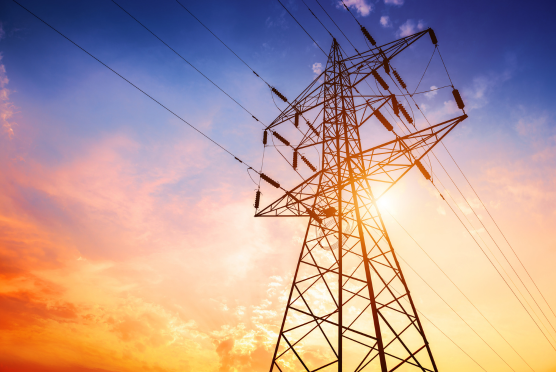Reducing energy use in nurseries and day care without disruption
You feel the squeeze every month. Heating needs to stay on, rooms must stay cosy, meals need cooking and laundry never stops. Children come first,...
2 min read
 Stephanie Beadling
Jul 30, 2025 9:35:00 AM
Stephanie Beadling
Jul 30, 2025 9:35:00 AM

The principle is simple yet powerful: identify small, incremental improvements across all areas of performance, maximise their individual impact and al together the cumulative effect delivers extraordinary results.
Before the season started Leicester City Football Club were 5000-1 outsiders for the Premier League title. They went on to finish the season ten points clear at the top of the table.
It was widely regarded as one of the greatest sporting achievements in history, Leicester’s triumph was built on meticulous attention to detail, innovative strategies, and marginal improvements across all possible areas, both on the pitch and off. Improving and strengthening the areas that other teams weren’t, allowed them to make the most of every possible advantage. From fitness, recovery (including amount, and quality of sleep) and tactics… to mental resilience, team bonding and scouting. Anywhere that an incremental improvement in performance or efficiency could be made, it was, and the result was remarkable. Players across the team broke records, won awards and consistently performed at a level that took the rest of the league by surprise.
This philosophy of incremental improvement is one that businesses can adopt and achieve greater efficiency, resilience, and profitability, but it doesn’t just apply to athletes and training regimes. For a sport’s club, one of the major dampeners to ambition and success can be the bills coming through the door each month, and your energy bills are no exception.
Small steps can be taken by businesses to minimise unnecessary energy costs. Having lights on timers, dropping heating by a degree and using LED light bulbs are great ways to get started, but as solutions go, Voltage Optimisation (VO) can be an effective and comprehensive method to lower the energy waste across all your equipment.
VO works on the premise that the voltage of power supply coming through your plug sockets is often higher than necessary for your equipment and appliances. This wastes energy, increases wear and tear and makes your bills higher than they need to be. Typically, electricity arrives at your premises at around 240v and most equipment only requires 220v and this is the discrepancy that could be costing you.
Implementing VO across your business can ensure only the necessary amount of power flows to your systems, delivering major benefits including:
Whilst checking your voltage may seem to be a complicated and expensive procedure it isn’t! Troo are offering a free tool that does most of the work for you. Troo Volt is simply plugged in to a few of your power outlets, you send us the readings and then we let you know if you can reap the rewards of VO.
VO is a prime example of applying marginal gains to energy management. Every piece of equipment’s power is trimmed down and whilst the savings on individual pieces of equipment might seem modest, when this is scaled to the electrical supply across the entirety of your operations, the financial and environmental benefits can become significant.
Take the story of Q Hotels; after identifying inefficiencies in their energy supply, they implemented voltage optimisation across their sites. By fine-tuning the incoming voltage to match their equipment, they reduced their energy supply by 12.1%.
The result? Impressive annual savings of £162,511
This wasn’t achieved by slashing services or cutting corners. It came from applying the principle of marginal gains to their energy supply across each and every piece of equipment.
Beyond the immediate cost benefits, Q hotels also extended the lifespan of their appliances, reducing the wear and tear caused by excess voltage, lowering maintenance costs and minimised downtime, helping their operations to run smoothly during busy service periods.
Marginal gains require data, expertise, and a commitment to continuous improvement. Whilst the same theory applies to your energy supply and your budget, voltage optimisation is one of the steps you can take and see a big difference.

You feel the squeeze every month. Heating needs to stay on, rooms must stay cosy, meals need cooking and laundry never stops. Children come first,...

You juggle safety, warmth, happy faces, staff rotas and a budget that never stretches quite far enough. Energy prices and parent expectations haven’t...

Long hours, temperature-sensitive spaces and constant pressure on service can leave energy low on the to do list. Still, when comfort slips, guests...